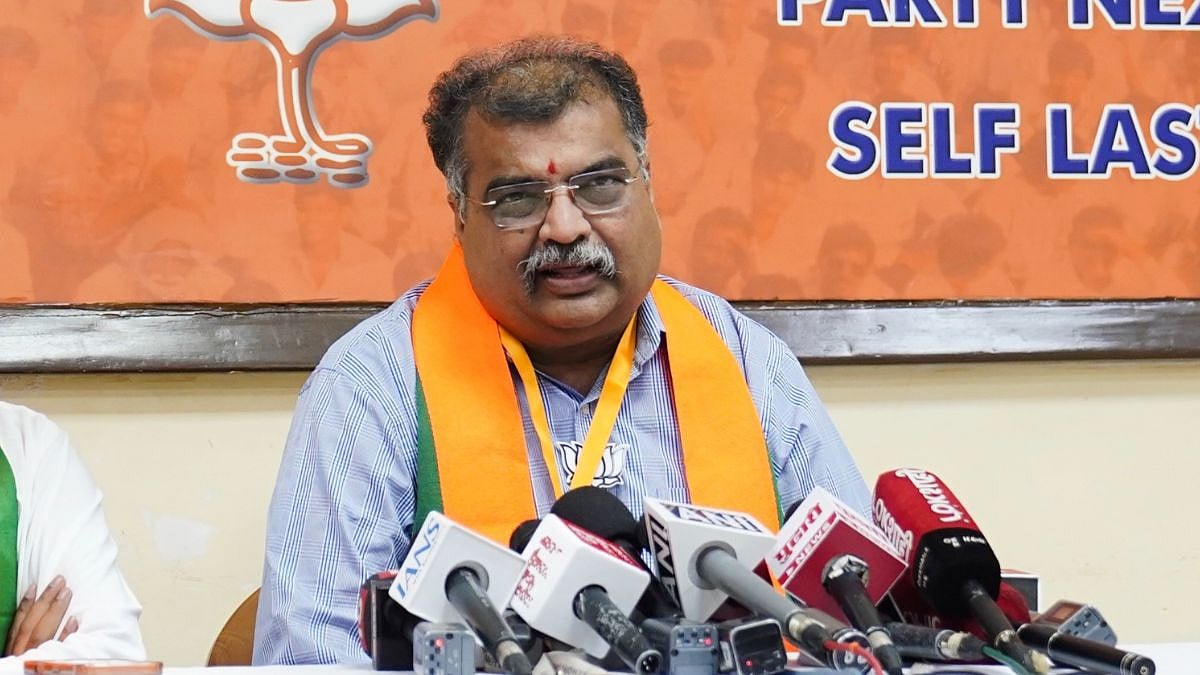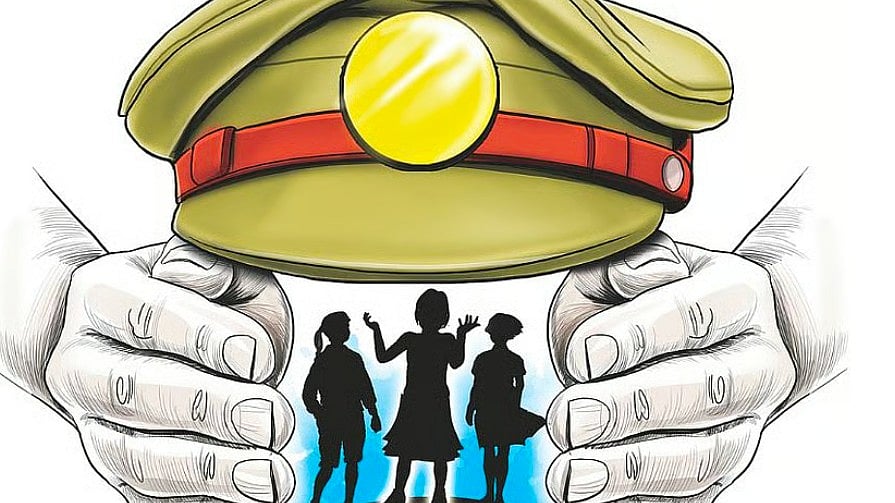The words of Wendell Berry – The earth is what we all have in common – stand correct. But, how well are we preserving it?
With floods and other natural disasters striking not just India but across the world, conserving nature is every person’s responsibility. Small steps can lead to big changes.
People-based approach
When average rainfall floods roads, submerges homes and disrupts normal life, we need to worry. With forest cover depleting, water bodies shrinking and hills being destroyed, we are hardly left with any natural resources. The outcome will be alarming if each one of us do not take steps to conserve what’s left.
Ashish Jain, founder and director of the Indian Pollution Control Association (IPCA), says nature conservation broadly covers environment, animal, marine and human. “In today’s time, we often observe that one pillar of conservation is given more importance than the other at a time, which sometimes leaves out the other. Thus, a holistic approach is required as nature is unison of inter-related systems,” says Jain.
He focuses on the importance of conservation in developing countries such as India since environmental quality influences life quality. “Millions directly depend on natural resource capital for their livelihoods. We cannot let it degrade. A people-based approach is the need of the hour to make an impact in the sphere of nature conservation. People should be empowered with information to make correct decisions to preserve the environment,” he says.
Home is where all things can have a start. It can be a simple thing as growing plants. Vinayak Garg, founder of Lazy Gardener, an urban gardening start-up, is making people enjoy gardening. “We have always been told that planting trees is one of the ways to save the environment. We can start by planting greens at home. When we have plants at home or in our gardens, the air quality becomes better due to the increased oxygen production. One tends to reduce their carbon footprint by growing a few herbs and vegetables at home.”

Every effort counts
With nature conservation impacting our very living, it is necessary to take on the responsibility. Garg aims to make people more sensitive and aware of nature.
“Having seen the life-changing effects plants can have on anyone, gardening is an activity that should become a part of everyone’s life. I believe that if a person has even one single plant at home, they will start seeing a change within themselves as an individual,” he says.
Going solo on a nature conservation is no less important than getting together for it. That’s what Jain thinks. “The most famous conservation movement, Chipko Movement, was started by Sunderlal Bahuguna and was based on the capacity of an individual to preserve just one tree. But as more and more people joined, thousands of trees were saved from the axe. At the individual level in an urban scenario, people can contribute to nature conservation by adopting sustainable practices.”
He recommends choosing organic bio-degradable products to lessen the indecomposable and chemical materials added to nature. “Consumerism is the biggest enemy. As our consumption increases, we extract more from our environment, degrading it, and ultimately losing our natural capital. By reducing consumption and encouraging re-use, repurpose and repair until the product’s end of life, we can conserve nature. Recycling increases the product’s life and reduces dependency on natural resources. Thus, it has been achieved to a large extent but is still required so that more circular supply-chain is formed so that we can encourage nature conservation,” says Jain.
Individuals are making an effort to be a part of the change. Kanpur-based dentist Dr Sanjivini Sharma is a blogger and sustainability enthusiast. “The best way to conserve nature would be to do waste management at our homes. The raw wet waste from the kitchen can be converted into compost. Another way is to say no to single-use plastic. Once used, it is discarded and goes to the landfill. Hardly 10 to 20% plastic gets recycled.”
She has been part of the plogging drive associated with the Kanpur Nagar Nigam since last February. Her group has completed 10 drives. “Our objective is to clean the ghats of Kanpur so that plastic waste does not flow into the Ganges. Every Sunday, we clean the ghats. With Nagar Nigam’s help, we transport the plastic to the Nagar Nigam landfill. We also try to create awareness to stop the usage of single-use plastic. We share information on making compost. That’s how we urge people to save our rivers and nature,” says Dr Sharma.
Reduce, reuse and recycle
Dr Sharma is focused on dry waste management and not throwing away plastic cups and bottles into bins. “Instead, dry waste should go to the kabadiwala. Wet waste should be managed at home. Switch to wooden toothbrushes. Stick to wooden straws. Say no to single-use plastic straws.”
A culture that keeps nature at its core can do wonders for nature conservation. Jain says, “The Indian culture and values are intertwined with nature conservation. The linkages must be preserved between humans and nature to make people more considerate of our natural resources. The principle of 3R (reduce, reuse and recycle) should be encouraged. A mantra that can be followed for a lifetime for nature conservation can be fostering bonds between human and nature, and inculcating the values of 3Rs for a sustainable and green future.”
People do not have to go to great lengths to be environment-friendly. Take up one thing to create an impact. Garg wants more people to grow plants and be amazed at what nature has to offer.
Do not ignore the SOS call. Join the green revolution to conserve nature.








